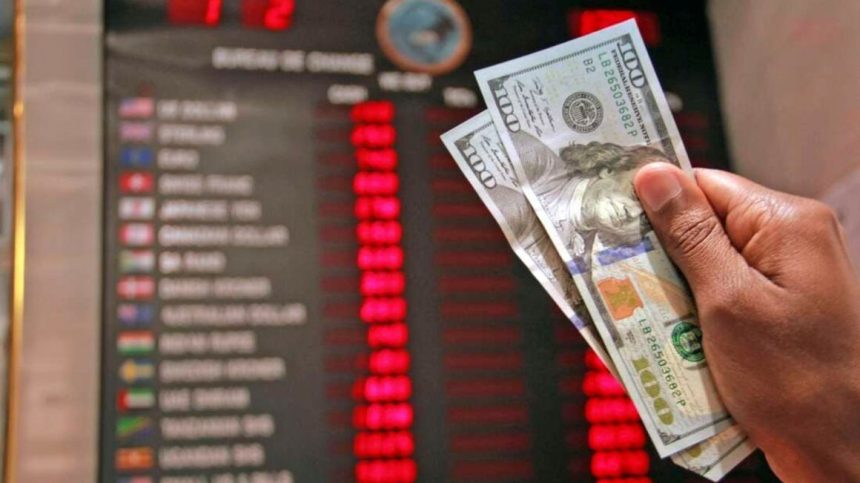The Competition Authority of Kenya (CAK) is investigating several undisclosed banks for allegedly fixing foreign exchange trades, adding a fresh twist to the crisis that has seen lenders run out of dollars on some days.
The antitrust authority says “investigations are ongoing” into the possible manipulation and collusion over the dollar exchange rate, exposing bankers to fines and up to five years in jail if convicted.
Sources familiar with the probe reckon the CAK is pursuing allegations that some dealers at the banks used electronic chat rooms and instant messaging to coordinate their trading activities when giving quotes to customers who buy or sell currencies.
This mirrors the heightened probe of global banks years ago in Europe, Asia, the United States and South Africa over allegations of price-rigging in currency markets.
Any wrongdoings unearthed by the probe are expected to lead to dealers being suspended or fired and banks being put under pressure to improve their supervision of traders.
The investigation was initiated in June 2022, according to regulatory filings seen by the Business Daily, and comes amid the weakening of the shilling against the dollar and the continued widening of the spread between the official and open market rates.
“The Authority’s investigation is ongoing and, therefore, we cannot divulge or discuss the specifics of the matter. However, the Authority is engaging the relevant stakeholders, and the applicable remedies shall be as defined in the Competition Act, upon the conclusion of the investigation,” the CAK told the Business Daily in response to queries over the price-rigging allegations in currency markets.
Restrictive trade practices include direct or indirect fixing of purchase or selling prices or any other trading conditions.
Other violations that would amount to restrictive trade practices in line with the Competition Act are the maintenance of a minimum resale price.




